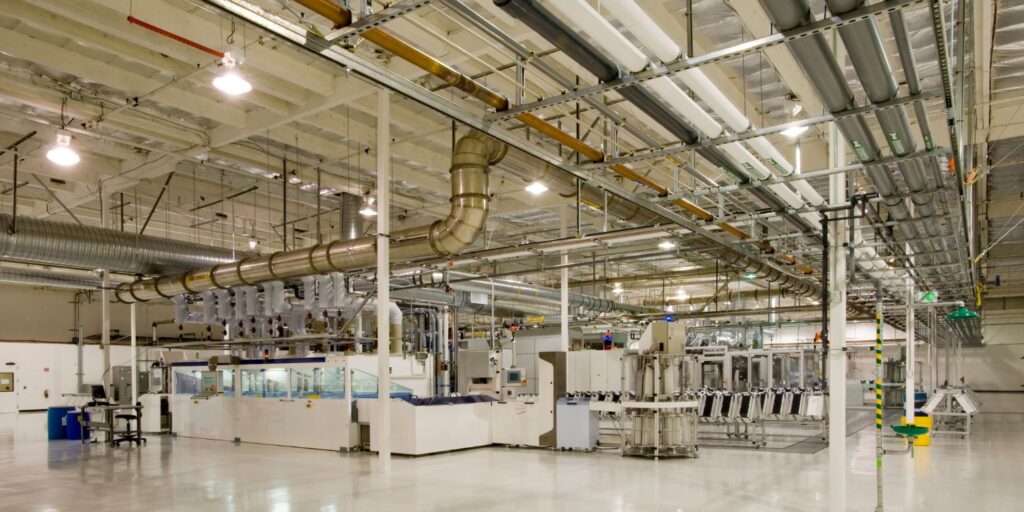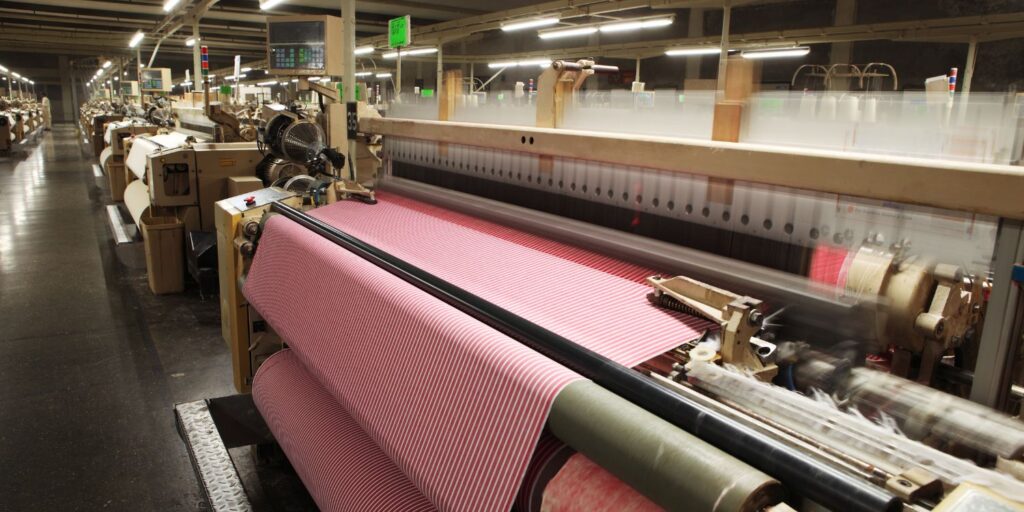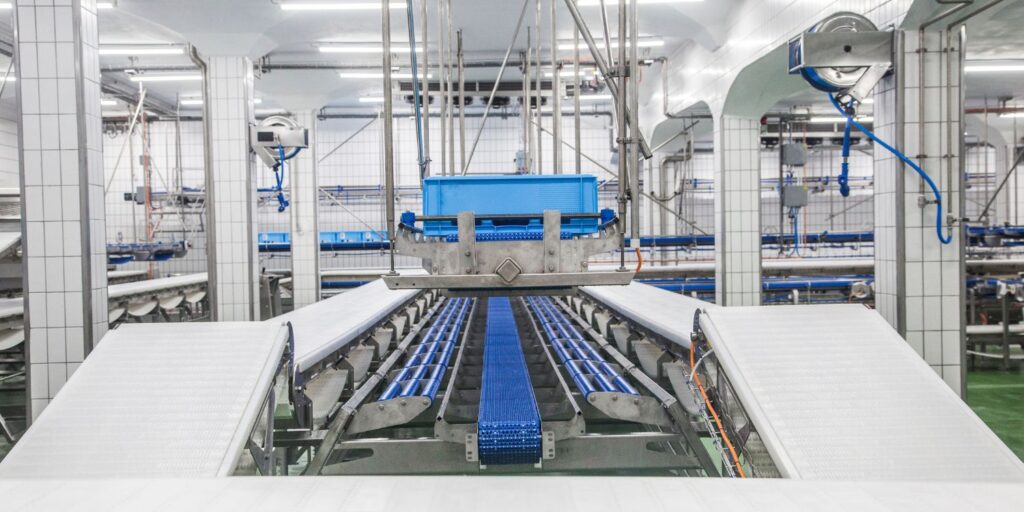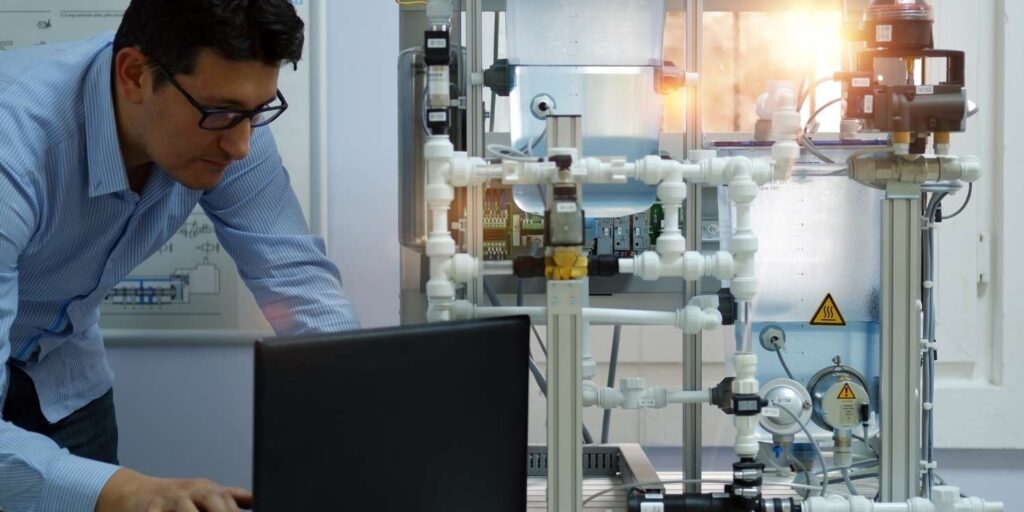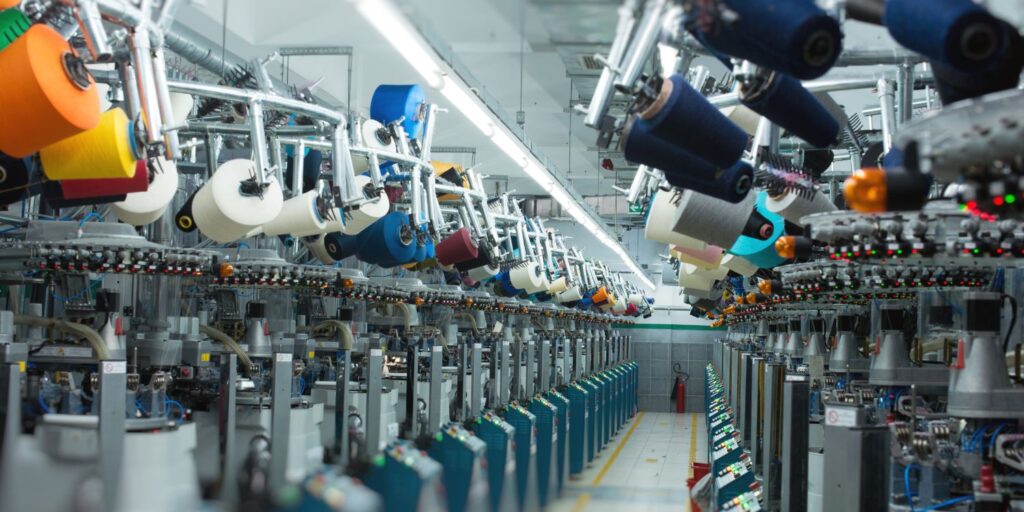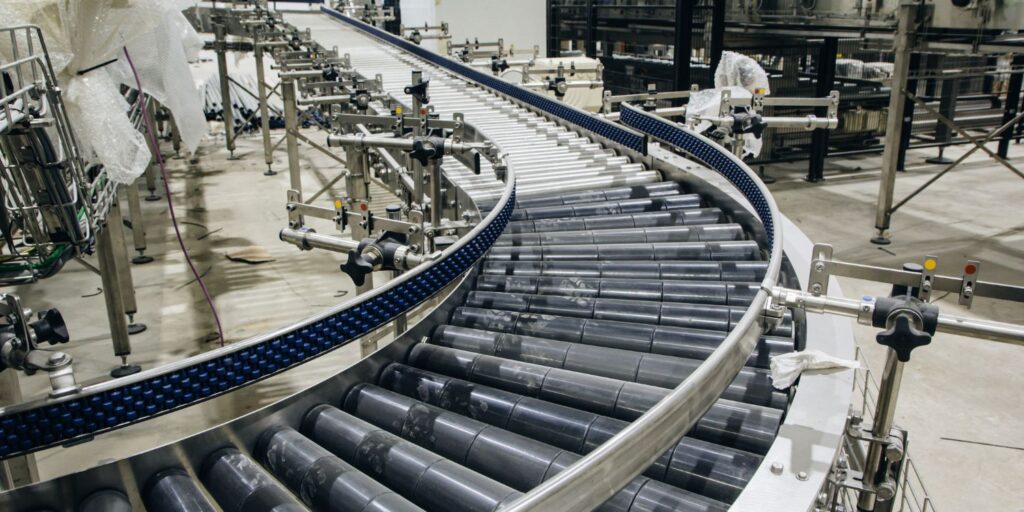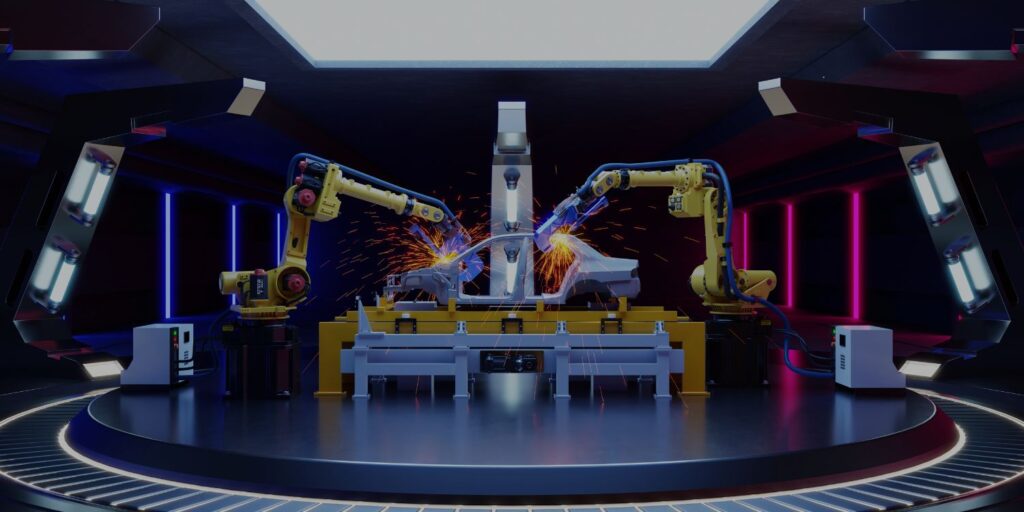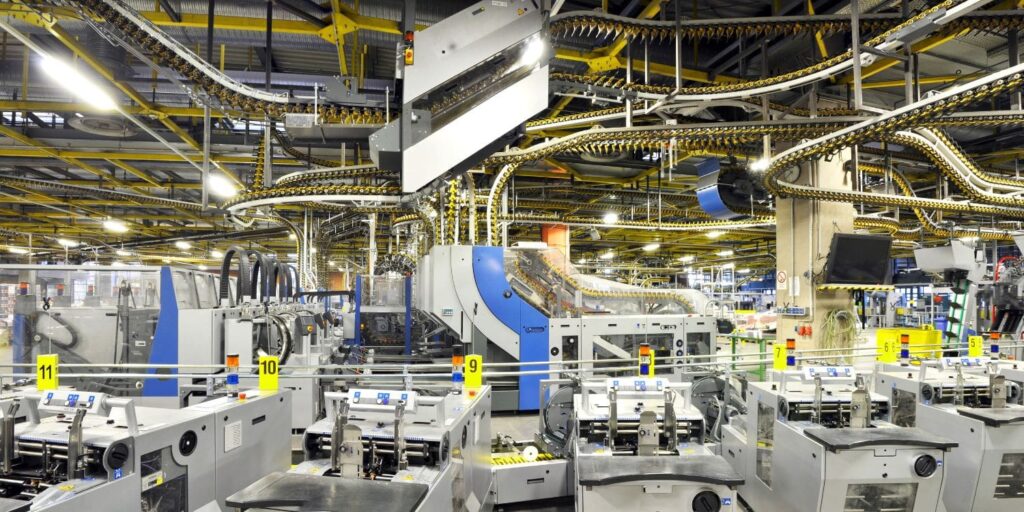Posts Tagged ‘Process Optimization’
The Role of a Process Development Engineer in Modern Manufacturing
A process development engineer is critical in transforming manufacturing operations by designing, implementing, and optimizing processes to achieve greater efficiency, higher product quality, and innovative solutions. Their expertise bridges the gap between conceptual design and operational execution, ensuring that manufacturing systems are effective, sustainable, and adaptable. This role is vital across various industries such as…
Read MoreHow to Improve Manufacturing Efficiency
Manufacturers and OEMs of all sizes must optimize equipment performance and operational efficiency to remain competitive. Implementing effective strategies can significantly improve production processes, cost savings, and product quality, all leading to an improved bottom line. Strategies to Improve Manufacturing Efficiency Manufacturing efficiency refers to a company’s ability to produce high-quality products while minimizing waste,…
Read MoreHow a Manufacturing Process Engineer Drives Operational Success
A manufacturing process engineer is pivotal in industrial success, optimizing production lines, enhancing product quality, and integrating advanced technologies. They are at the forefront of transforming operations by designing efficient workflows, ensuring compliance, and implementing innovative solutions. As industries evolve rapidly to meet new demands and challenges, the expertise of a manufacturing process engineer has…
Read MoreHow a Process Improvement Engineer Improves Manufacturing Efficiency
A process improvement engineer plays a pivotal role in enhancing manufacturing efficiency by identifying areas for optimization, implementing effective strategies, and driving continuous improvements throughout the production process. Their goal is to streamline operations, reduce waste, and maximize productivity, all while maintaining quality and minimizing costs. Key Areas of Process Improvement Engineering Identifying Bottlenecks and…
Read MoreThe Impact of Process Optimization on Reducing Operational Costs
[et_pb_section admin_label=”section”] [et_pb_row admin_label=”row”] [et_pb_column type=”4_4″][et_pb_text admin_label=”Text”]Finding efficient ways of reducing operational costs is crucial for the long-term sustainability of businesses in any industrial or manufacturing application. One of the most effective strategies for achieving streamlined, efficient operations is through process optimization. By fine-tuning workflows, optimizing machinery usage, and improving resource allocation, companies can significantly…
Read More3 Steps To Reduce Operational Costs- Infographic
What is Process Optimization? Process optimization involves systematically enhancing production workflows and equipment usage to boost efficiency, reduce waste, and maximize output with minimal resources. This approach is essential for lowering operational costs, enabling businesses to utilize resources more effectively and minimize inefficiencies. Learn More About Reducing Operational Costs Through Process Optimization
Read MoreThe Role of Predictive Maintenance in the Optimization of Manufacturing Processes
Manufacturers are continuously searching for ways to boost operational efficiency, reduce downtime, and optimize their production processes. Predictive maintenance has become a powerful solution for achieving these goals by using real-time data to anticipate equipment issues before they arise. By implementing predictive maintenance strategies, manufacturers can enhance productivity, minimize costly disruptions, and extend the lifespan…
Read MoreThe Role of Process Engineers and How Crow Excels in Process Optimization
What is a Process Engineer? A process engineer is responsible for designing, implementing, and optimizing industrial processes. These engineers ensure that production lines operate efficiently, safely, and sustainably. They work across various industries, including manufacturing, chemicals, food processing, and more, applying their expertise to improve production quality, reduce waste, and optimize energy usage. In essence,…
Read MoreTransforming Manufacturing Efficiency: Process Optimization Strategies
In the competitive landscape of modern manufacturing, optimizing a production process is not just an option—it’s a necessity for survival and growth. The goal of process optimization is to enhance efficiency, reduce waste, and increase productivity, thereby boosting profitability. However, achieving an optimized production process requires a strategic approach, incorporating advanced technologies, data analytics, and…
Read MoreMaximizing Operational Efficiency: The Power of Process Optimization
Effective process optimization is a strategic endeavor essential for manufacturing and industrial operations seeking to enhance efficiency, reduce waste, and maximize profitability. This concept goes beyond mere operational adjustments, encompassing comprehensive reviews of plant design, layout, and equipment configurations. Crow Engineering, a leader in engineering design services, stands at the forefront of guiding businesses through…
Read More
